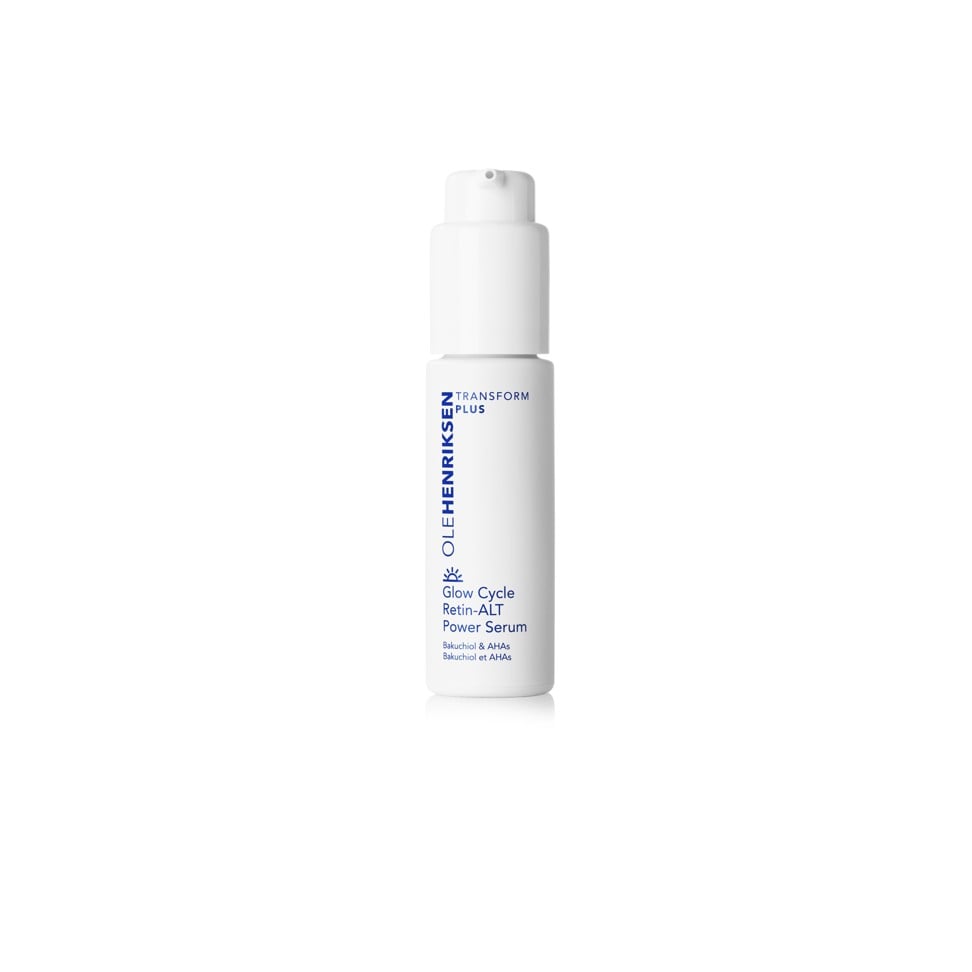
If you’re not Eva Chen and retinol doesn’t agree with your skin, these alternatives work just as well
- Retinol is considered the gold standard of skincare, but if it makes your face look like the Sahara Desert, you have some options
- High-end skincare products that use four alternative ingredients are nearly as effective, and kind to your skin
In a recent interview for New York Magazine’s The Cut on Tuesday podcast, Eva Chen, head of fashion partnerships at Instagram and an influencer in her own right, said her hero skincare product was retinol.
Retinol is not for everyone, however. As Chen’s interviewer, Stella Bugbee, the editor-in-chief of The Cut, quipped, retinol makes her look like “the Sahara Desert”.
A quick rundown: retinol is a form of vitamin A and a type of retinoid. There are three different types of retinoids: pure retinoic acid – this is the strongest form, which you can only buy with a prescription; retinol – this is a weaker product and can be bought over the counter; and retinol derivatives – the gentlest kind. Retinol is known for its serious anti-ageing, collagen-boosting and acne-soothing effects.


Bakuchiol is an extract from the Psoralea corylifolia plant, and is an ingredient often used in Chinese and Ayurvedic medicine. While it’s not structurally anything like a retinol, studies have shown it also stimulates collagen production, targets lines and wrinkles, and addresses firmness.
A 2018 study in the Journal of Dermatology found that bakuchiol’s effect on signs of skin ageing is comparable with that of retinol, and that it is better tolerated. It’s also safe for breastfeeding and lactating women (always check with your doctor first).
Brands harnessing the power of bakuchiol include Ole Henriksen. Founder Ole Henriksen calls it a “wonder ingredient” – it’s the hero ingredient in his Transform Plus Retin-ALT duo of a serum and night cream.

“Globally, we’ve heard incredible feedback from people with sensitive skin especially, who have experienced very real skin transformations,” Henriksen says.
Other brands using bakuchiol include Votary (try the Intense Eye Oil-Tuberose and Retinoid), Biossance (try the Squalane + Phyto Retinol Serum) and Bybi with its bestselling Bakuchiol Booster. It combines one per cent bakuchiol (the highest concentration you can have in skincare) with 99 per cent skin-softening squalane (a skin-mimicking hydrator).
The founders of Bybi, Elsie Rutterford and Dominika Minarovic, are, understandably, huge fans.

“Not only is bakuchiol itself an antioxidant, but … bakuchiol is also capable of stimulating the body's antioxidant defence system. It therefore supports the prevention of long-term intrinsic ageing such as wrinkles and fine lines … Unlike retinol, bakuchiol doesn’t increase photosensitivity, so you can apply it after cleansing day or night,” says Minarovic.
Other alternatives to retinol
While bakuchiol is undoubtedly this year’s beauty buzzword, there are other ingredients to consider.

Rosehip oil
Rosehip is touted as an ingredient to rival retinol, and while there isn’t enough vitamin A to truly have the same effect, its combination of vitamins C and A will help even out your complexion and can help with scarring and stretch marks. We recommend Trilogy’s Rosehip Oil and Tata Harper Retinoic Nutrient Facial Oil.

Licorice extract
This plant extract is known for evening out tone and smoothing skin. You can find it in bestselling products such as Australian brand Alpha-H’s Liquid Gold and Paula’s Choice 10 per cent Azelaic Acid Booster.

Beta-carotene
Beta-carotene is an antioxidant and converts to vitamin A in the body, so it can have a retinoid-like effect. Find it in carrot oil and cacay oil. Try Omorovicza Rejuvenating Night Cream and Eve Lom Morning Time Cleanser.

